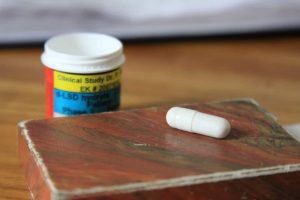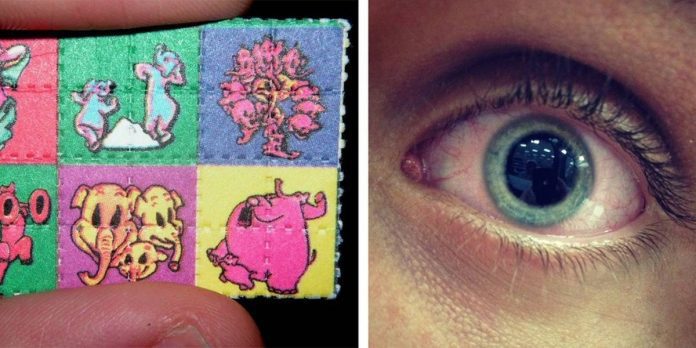MAPS has recently completed the first double-blind, placebo-controlled study of the therapeutic use of LSD in human beings since the early 1970s.

LSD (lysergic acid diethylamide) is a semi-synthetic compound first developed in 1938 by Dr. Albert Hofmann at the Sandoz pharmaceutical company in Basel, Switzerland. After Dr. Hofmann first discovered its effects in 1943, LSD quickly became recognized for its possible therapeutic effects. LSD also played a significant role in the discovery of the serotonin neurotransmitter system.
Our recently completed Phase 2 pilot study in 12 subjects found positive trends in the reduction of anxiety following two LSD-assisted psychotherapy sessions. The study results also indicate that LSD-assisted psychotherapy can be safely administered in these subjects, and justify further research.
LSD is known for its ability to catalyze spiritual or mystical experiences and to facilitate feelings of interconnection. MAPS is interested in these substances for their potential to help people with a variety of conditions, focusing primarily on the treatment of anxiety associated with life-threatening illness, as well as for spiritual uses, creativity, and personal growth.
There is considerable previous human experience using LSD in the context of psychotherapy. From the 1950s through the early 1970s, psychiatrists, therapists, and researchers administered LSD to thousands of people as a treatment for alcoholism, as well as for anxiety and depression in people with advanced stage cancer. MAPS’ completed and future research conforms to modern drug development standards, and will help guide the development of additional research into the risks and benefits of LSD-assisted psychotherapy.
For further information search the MAPS comprehensive Psychedelic Bibliography for scientific literature on the risks and benefits of LSD and other psychedelics.
MAPS Study Source: http://www.maps.org/research/psilo-lsd
